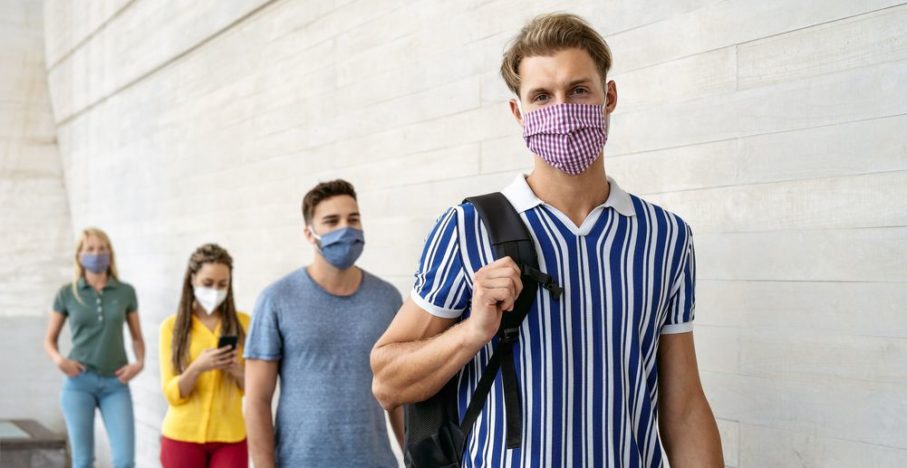How to Protect Your Rights During COVID-19

Protecting Student Rights during COVID-19
As colleges and universities reopen, there’s naturally a lot of uncertainty about new on-campus regulations like contact tracing, temperature checks, and masks. “Schools have a very, very difficult road ahead of them as far as understanding how to handle all of this,” says attorney Andrew T. Miltenberg, Esq. Uncertainty breeds a higher chance that a school will handle it all wrong.
Luckily, there is help available for students and families who become victims of mishandled policies. Here, Miltenberg explains what to watch out for when returning to campus and what to do if you find yourself in an uncomfortable situation caused by a school’s mismanagement.
Medical Care and Liability
During COVID-19, the first problem most people are worried about is the virus. Colleges and universities have a responsibility to protect their student populations. Has your school provided the protection and care necessary to keep students safe? Has it put in a good-faith effort to follow the recommended medical best practices for your area? When a student gets sick due to negligence, does the school offer the proper care owed? If the answers to any of these questions concern you, it’s smart to speak with an experienced student-rights attorney like Miltenberg.
Cost of Education
Another prevalent question in the COVID-19 era is one of cost. The price of college – especially a private college – doesn’t only cover the education itself. It also covers the college experience, which includes things like:
- Student events and campus life
- Access to resources like libraries, laboratories, gymnasiums, and art studios
- Upkeep of campus buildings and grounds
During COVID-19, many students will be learning remotely. Even those who stay on campus are receiving less of an experience than they expected, with events canceled and campus amenities closed. If you’re still paying the same tuition, however, are you really getting what you paid for?
Title IX and Academic Conduct
Finally, there are concerns about Title IX and academic conduct violations. While these were problems even before COVID-19, the nature of the issue has since changed. Miltenberg believes that, though the “frat party atmosphere” typically responsible for Title IX violations will evaporate, remote learning will lead to “more frequent allegations of cyber-bullying or cyber-stalking.” He also anticipates a surge in cases surrounding plagiarism and cheating in online classes.
Other conduct codes may change as well. For instance, will it be a violation of student conduct not to wear a mask? While students agreed to conduct contracts on signing their acceptance letters, they may not have agreed to any additions made since.
Seek Professional Advice
If you are experiencing any of these concerns, help is an option. “When anyone on a campus senses that there is a problem or is going to be a problem, they should immediately document it on even a daily basis,” recommends Miltenberg. By documenting the issue, you compile evidence that can be used later and that an expert can refer to when offering professional advice.
At the same time, bring the issue up with the school involved, as well as the Department of Education or a private lawyer. This should be done as soon as you suspect there might be something wrong, and all parties should be kept updated on the issue as it progresses.
“A good lawyer with experience and integrity will tell you whether or not there is something they can help you with,” adds Miltenberg. Even if legal representation isn’t appropriate to the problem, an experienced attorney can still assist. They can offer insight on the problem, help you document it, and tell you what other options are available to you.
Learn More Today
Though most institutions will make their best effort, the uncertainty surrounding COVID-19 may lead to mismanagement. If your college or university isn’t adequately protecting your health and your rights, remember that you have options. To learn more, contact Andrew T. Miltenberg, Esq., of Nesenoff & Miltenberg, LLP.




